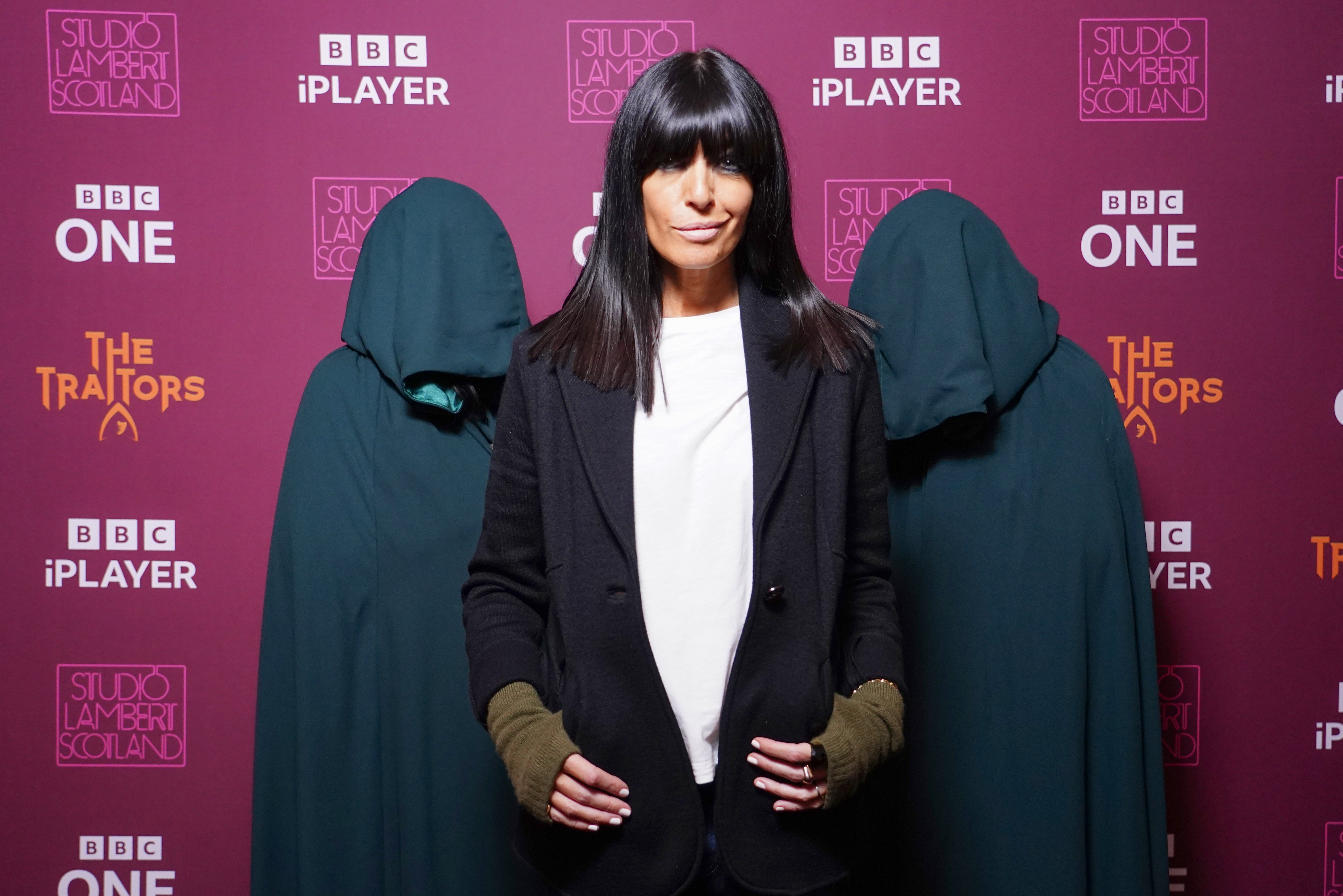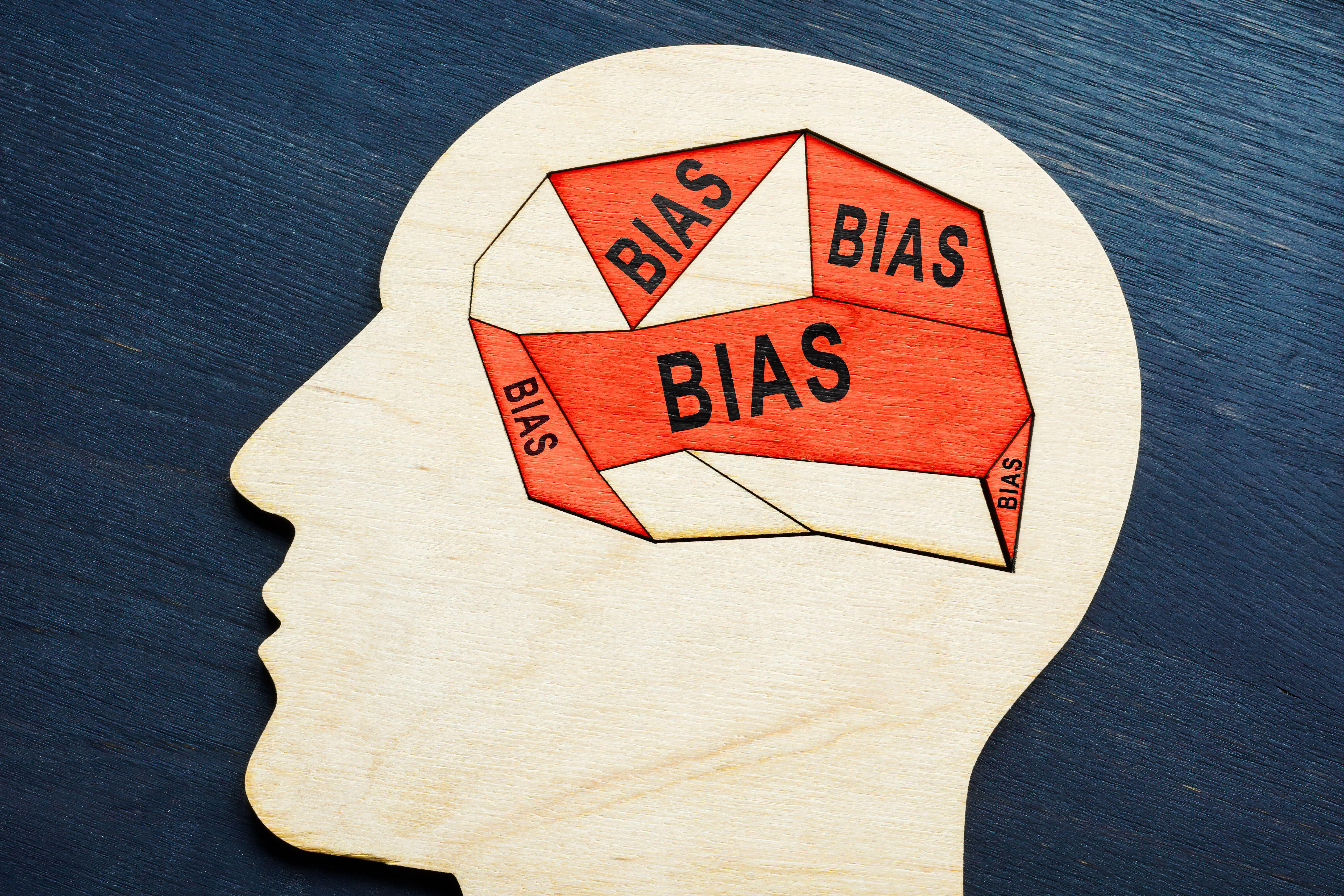Experts reveal tips to read body language ahead of Celebrity Traitors launch

Anticipation is mounting as viewers prepare for the debut of The Celebrity Traitors, a series celebrated for its gripping psychological dive into trust and deception.
The show’s widespread appeal stems from its fascinating examination of how we judge character, posing critical questions about whether outward behaviour can truly reveal honesty or deceit.
To unpick these intricate dynamics, The Independent consulted leading psychology lecturers.
They shed light on the profound complexities of truthfulness, offering invaluable insights for any ‘faithful’ hoping to unmask a ‘traitor’ lurking within their ranks.

Are there any clear behavioural signs that indicate someone is telling the truth?
Many people think body language like fidgeting or lack of eye contact are clear signs of deceit, but Dr Wendy Ross, senior psychology lecturer at London Metropolitan University, says this is not necessarily always the case.
“What we can see from the research is that there’s not clear or easy behavioural signs to identify,” says Ross. “We often have a false belief in our ability to understand things through body language and what we actually see is that people have a certain way of being and a certain body language which can change when they’re under pressure.
“For example, if you’re somebody that speaks a lot, you might find that when you’re under pressure you slow down, whereas if you’re somebody that naturally speaks more slowly when you’re under pressure, you might speed up.”
This is something you can pick up much quicker once you know someone well, which is why it can be incredibly hard for contestants on the show to detect what behaviour is different among a group of strangers.
“This is one of the reasons why when we’re with people that we know well, we often know whether they’re lying or not, or have a feeling that they’re lying, because it’s not necessarily about a behavioural tell so much as a change in their general personality or behaviour,” highlights Ross.
The lecturer also highlights that looking for a set list of deceitful “behavioural tells” can be particularly problematic in legal situations.

Watch Apple TV+ free for 7 day
New subscribers only. £9.99/mo. after free trial. Plan auto-renews until cancelled.
Try for free
ADVERTISEMENT. If you sign up to this service we will earn commission. This revenue helps to fund journalism across The Independent.

Watch Apple TV+ free for 7 day
New subscribers only. £9.99/mo. after free trial. Plan auto-renews until cancelled.
Try for free
ADVERTISEMENT. If you sign up to this service we will earn commission. This revenue helps to fund journalism across The Independent.
“The idea that there are clear behavioural tells can be quite problematic in things like forensic psychology or in a courtroom, because you might make a judgement about someone because they are looking at you in the eyes, for example, which isn’t actually justified,” explains Ross.
Can subconscious biases influence who we trust?

Whether you have a truth or a lie bias can also heavily influence who we trust.
“Most of us have what we call a truth bias, so we tend to believe people anyway unless we’re deliberately looking out for their lying,” says Ross. “The general public will tend to believe or trust anything which is why many of us end up falling for scams.
“Whereas, people in professions like the police tend to have a lie bias, or a false bias, where they view everything with a rage of suspicion, which I’d expect people on a show like The Traitors to do.”
What types of personality traits/behaviours do people tend to think are more honest and trusting?
“I would speculate that we definitely have bias towards people who are extroverted and betray openness and confidence,” says Ross. “This comes down to our truth bias. People that are very confident in their opinions do tend to have people believing them, and there’s been research on this when it comes to medical professionals.
“It showed that people tend to have faith in medical professionals who are very confident in their diagnosis, as opposed to a GP who starts looking things up and aren’t very sure.”
What advice would you give a faithful on The Traitors?
“I would advise people to ignore what you think you know about body language as many people will be trying to control their body language,” advises Ross. “I would also say have as many conversations as you can with people, so that the traitors are in a stage where they are having to continually work to maintain this front. The idea of a gotcha is misleading. So, just try to listen and engage in conversation.”
Professor Thomas Ormerod, professor of psychology at the University of Sussex, agrees and says conducting “unexpected tests of expected knowledge” would be a more beneficial tactic to weed out the traitors.
“Don’t rush to judgements based on someone’s disposition and listen to what they say and watch them over time,” advises Ormerod. “Ideally ask them unexpected tests of expected knowledge. If they are telling the truth there are things they should know, but if they are lying they will rehearse what they expect you to ask.
“So, ask them something unexpected that they ought to know. For example, if they say they were cooking in the kitchen ask them if the hob is gas or electric.”
[title_words_as_hashtags




